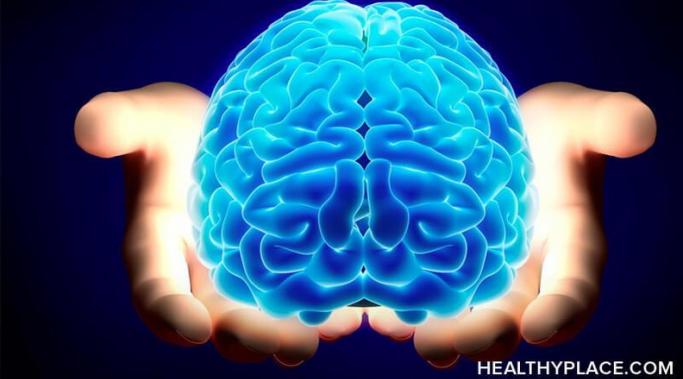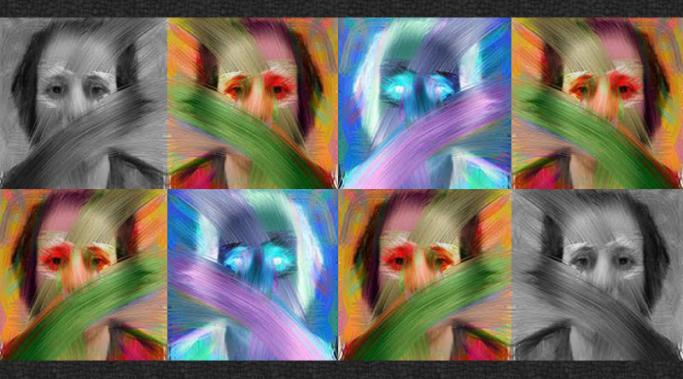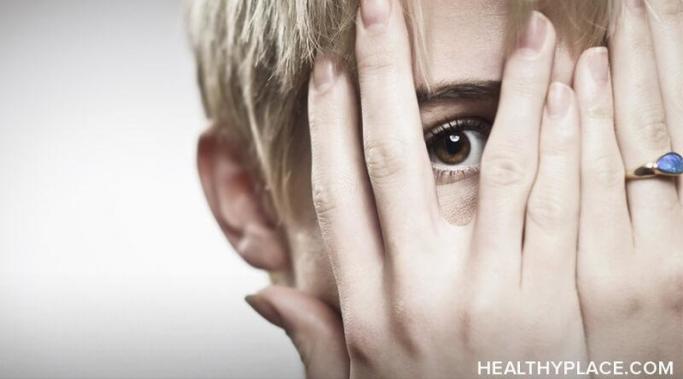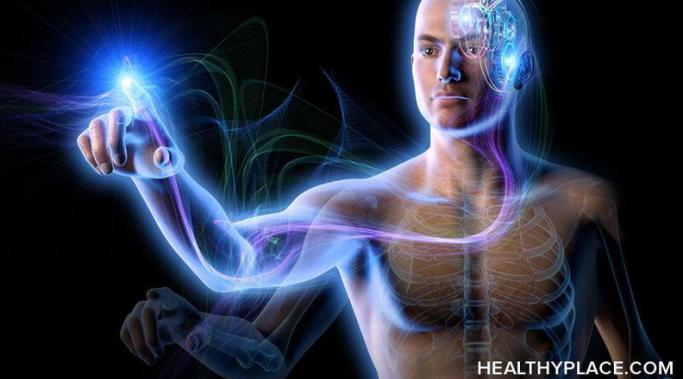Living in the chaos of PTSD symptoms and post-trauma haze can make you very self-centered. Know how I know that? I used to be like that! It's hard to cope on the inside and still be sensitive to others on the outside. Heck, it's tough to be miserable and do anything that would make someone else happy.
One U.S. Marine + One Guitar = Big Impact
When was the last time you did something nice for someone else? Last week, on Changing Direction, I interviewed U.S. Marine, Markus Fox, about how his guitar and music helped his platoon during a particularly difficult night in Iraq. They had lost the first two casualties since their deployment and the platoon was very upset. Markus took out his guitar, sat on the back step of a truck and invited the other soldiers to pull up their stools while he played a tribute to their fallen brothers. The results of this simple, selfless act during a time of trauma were enormous.
Still, there are a couple of problems with the PTSD self-centered lifestyle. Let's take a look...
Trauma! A PTSD Blog
Effective psychotherapy requires a substantial degree of trust, which can only occur when the client-therapist relationship feels sufficiently safe to both parties. With victims of psychological trauma, achieving this sense of safety and trust can be a truly difficult barrier to productive therapeutic work. Let's look at some of the reasons for this. But, first - why do this? Because it is all but impossible to solve a problem you don't understand, and this problem must be solved. That this is possible is verified by the thousands of people who have actually done it, each in their own manner, but all in the same general sorts of ways. It is important to see a path to the mountain top, if that is where you wish to be. Let's look at how and why that path can be hard to find.
Radical acceptance means complete and total acceptance of something, accepting reality, and is a key component of Dialetical Behavioral Therapy.
Yesterday, I listened to an interview with Marsha Linehan, the creator of Dialectical Behavioral Therapy (DBT). If you aren't hip to the help DBT can offer, you might find some new ideas here.
I'm here to tell you that trauma affects your brain. Even so, have you ever had someone say to you any of these things:
"PTSD isn't real; it's all in your head"
"Just get over it already!"
"Only veterans get PTSD"?
I speak all over the country about PTSD symptoms. Mostly, these audiences are comprised of civilians: survivors, caregivers and healing professionals. Sometimes, too, there are people who have no PTSD connection but have been invited to hear the presentation. Inevitably, whether it's before the presentation has started or after it has finished someone addresses me to say some variation of one of those three things (on a really awful day, all three!).
Why don't people "get" what it means to struggle with PTSD? Why can't they understand that trauma affects the brain as well as the mind?
If you are living with unresolved trauma memory, whether or not it's posttraumatic stress disorder (PTSD) or dissociative identity disorder (DID), you will almost surely bewilder people some of the time. We both know you want this not to happen, but, as is surely obvious to us, you have little or no choice in the matter, other than to avoid triggers to the extent that you know them and can anticipate them. The real problem here is that you can't avoid all triggers. So, you will bewilder and maybe even frighten people a certain amount of the time.
Loss is an immense landscape for those living with psychological trauma and its consequent posttraumatic stress. Not always clear and obvious to us, because we can be good at avoiding painful facts, the pain of the stress itself further distracts us from what we will, in healing if not before, come to know: something was taken from us, and it won't be regained easily, if at all.
I'm thinking about how to face your fear because yesterday I spoke with a radio show host and we talked a lot about fear and its place after a trauma. It has left me thinking about how fear impacts our PTSD experience and coping mechanisms or the entire PTSD recovery process. More importantly, how fear gets in the way of and interferes with PTSD. If PTSD occurs because an enormous fear has entered our lives, is it possible to get rid of the fear enough to heal?
If you've survived a trauma you know that your mind records various experiences in images as vivid as a high-end digital camera. When I first started working as a PTSD coach one of my clients came in with a specific request: "I want to erase all of the memories associated with my trauma," she said.
It's a common worry: If I heal PTSD symptoms, and then experience another trauma, will PTSD return?
I've been thinking about that question a lot lately. I hear it often from the survivors I coach, and also from the enormous PTSD community in which I participate.
And now, I'm thinking about it for an even more personal reason: Two weeks ago I almost died in a trauma eerily reminiscent of my original, PTSD-creating experience.
Anxiety, whether or not it develops into PTSD or another anxiety disorder, pulls us off course, again and again. It sets us up to crash through life from one crisis to another and makes us less productive - all of which increases our stress level. In spite of this, you can fairly quickly organize your anxious mind and have less crisis and more "plan" in your daily life. I'll show you how.









